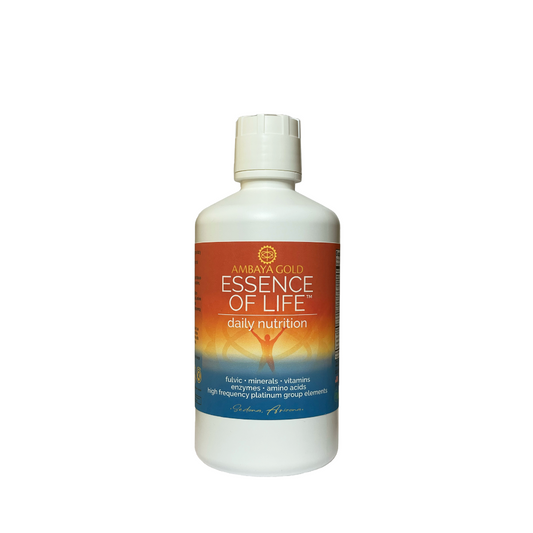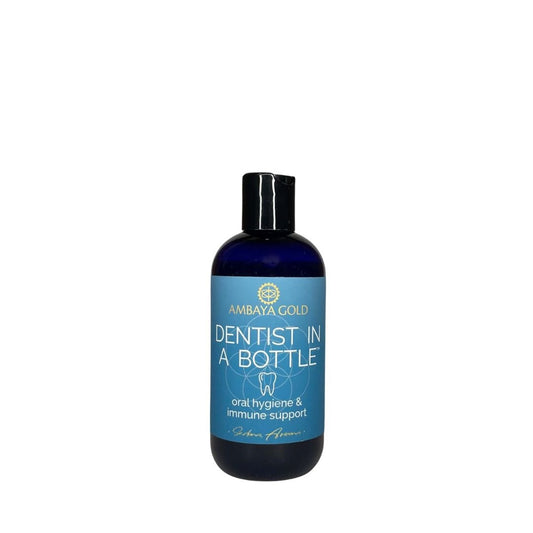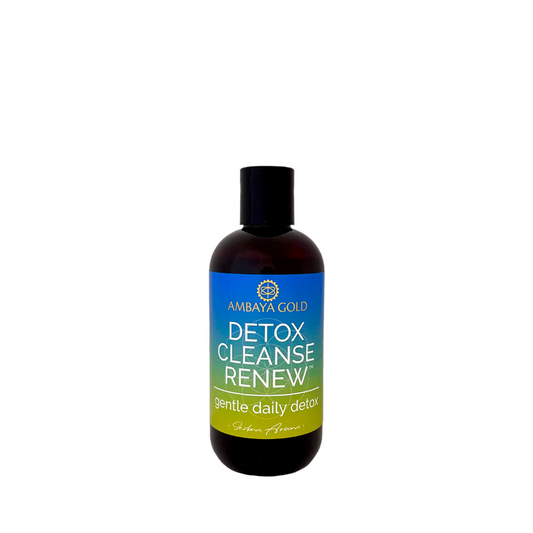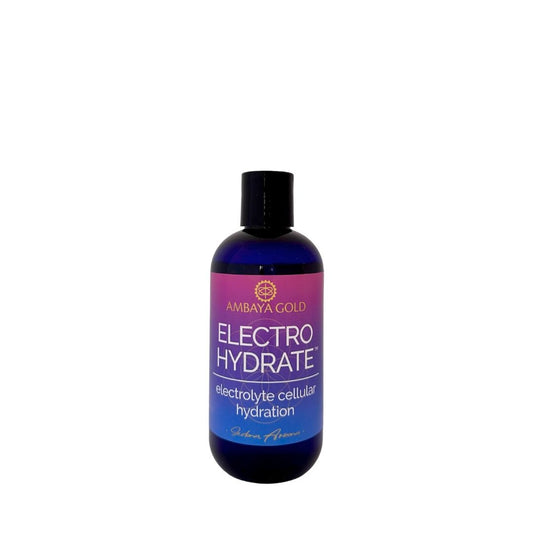Maintaining optimal oral health is essential for overall well-being, and a critical aspect of this is managing biofilm on teeth. Biofilms are intricate communities of microorganisms that adhere to surfaces in the mouth, such as teeth and gums, encased in a protective matrix. If not properly managed, these biofilms can lead to dental issues like cavities, gingivitis, and periodontitis.
Understanding Oral Biofilm
Oral biofilm, commonly known as dental plaque, is a sticky, colorless film composed of bacteria, fungi, and other microorganisms. This biofilm naturally forms on the surfaces of teeth and gums. While its formation is a normal process, inadequate management can result in dental problems due to the accumulation of harmful bacteria.

Factors Contributing to Biofilm Formation
Several factors can influence the development and accumulation of biofilm in the oral cavity:
1. Bacterial Growth: The warm, moist environment of the mouth provides ideal conditions for bacterial proliferation.
2. Poor Oral Hygiene: Inadequate brushing and flossing allow bacteria to accumulate, leading to biofilm formation.
3. Diet: Diets high in sugars and carbohydrates provide nutrients for bacteria, promoting biofilm development.
4. Dry Mouth: Reduced saliva production diminishes the mouth's natural cleansing ability, facilitating biofilm accumulation.
5. Smoking: Tobacco use can alter the oral environment, making it more conducive to biofilm formation.

Effective Strategies for Managing Oral Biofilm
To maintain optimal oral health and control biofilm formation, consider the following holistic approaches:
1. Proper Brushing Technique: Use a soft-bristled toothbrush and fluoride toothpaste to brush all surfaces of your teeth twice daily. Ensure you brush for at least two minutes, reaching all areas, including the gumline.
2. Flossing: Daily flossing removes food particles and bacteria between teeth where a toothbrush cannot reach, preventing biofilm buildup.
3. Mouthwash: Incorporating an antimicrobial mouthwash into your routine can help reduce bacterial load and disrupt biofilm. Choosing a natural, alcohol-free mouthwash with essential oils can be beneficial.
4. Dietary Choices: Limiting sugar and carbohydrate intake reduces the food source for bacteria. A balanced diet rich in fruits, vegetables, lean proteins, and whole grains supports overall oral health.
5. Hydration: Drinking plenty of water helps maintain saliva production, which naturally cleanses the mouth and inhibits biofilm formation.
6. Regular Dental Visits: Professional cleanings remove hardened biofilm (tartar) that cannot be eliminated by brushing and flossing alone. Aim for dental check-ups at least twice a year.
7. Natural Remedies: Saltwater rinses have been traditionally used to reduce bacteria and soothe inflamed tissues. To prepare, dissolve half a teaspoon of salt in 8 ounces of warm water and rinse your mouth for at least 10 seconds.

A Superior Natural Solution: Dentist in a Bottle
For those seeking a natural and holistic approach to oral care, Dentist in a Bottle offers an innovative solution. This total oral care rinse combines potent essential oils with beneficial elements like Fulvic and Silver. Fulvic enhances nutrient absorption and bioavailability, while Silver supports immunity. The ingestible formula not only freshens breath but also promotes overall oral health naturally and safely.
Incorporating Dentist in a Bottle into your daily oral hygiene routine can provide a refreshing and effective means of managing biofilm and supporting oral health. Its natural ingredients work synergistically to maintain a healthy oral environment, aligning with holistic health principles.
Understanding and managing oral biofilm is crucial for maintaining dental and overall health. By adopting proper oral hygiene practices, making informed dietary choices, and utilizing natural products like Dentist in a Bottle, you can effectively control biofilm formation and enjoy a healthier smile.









